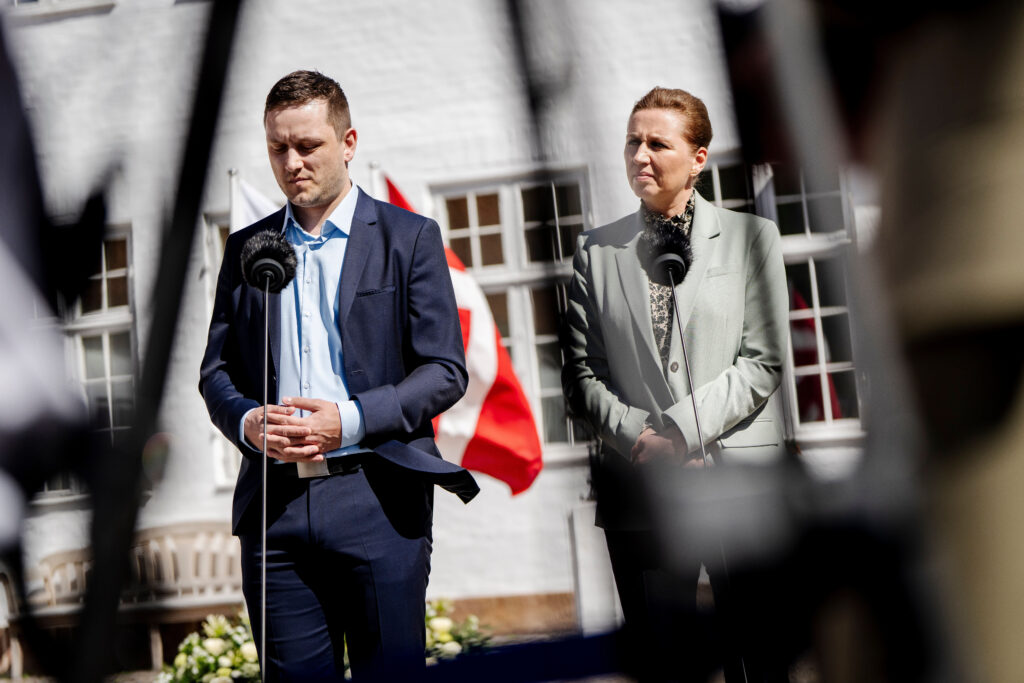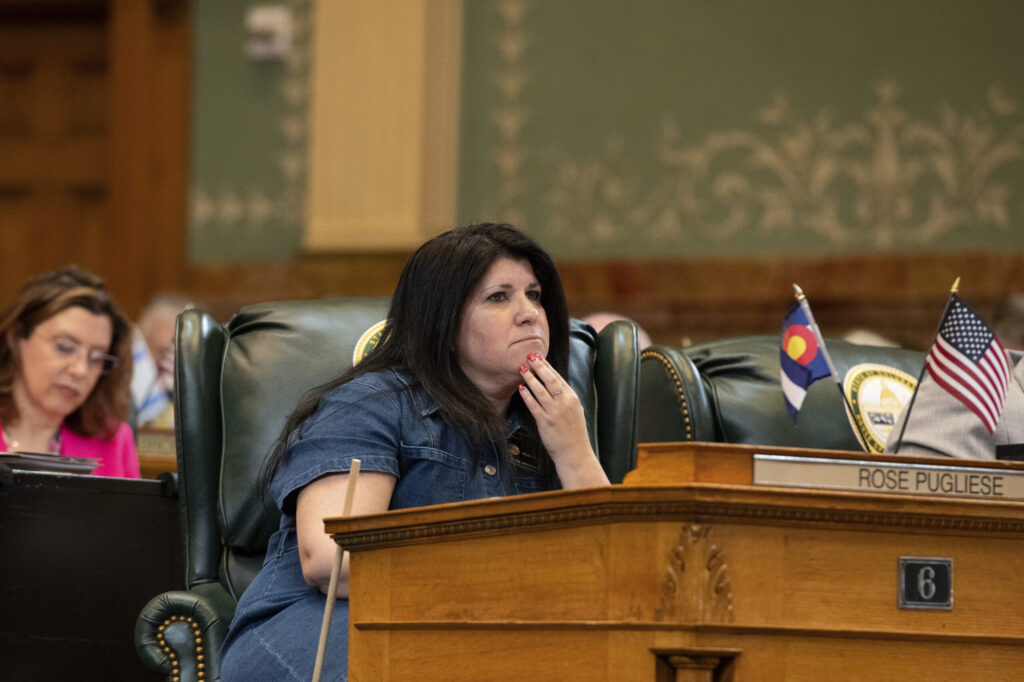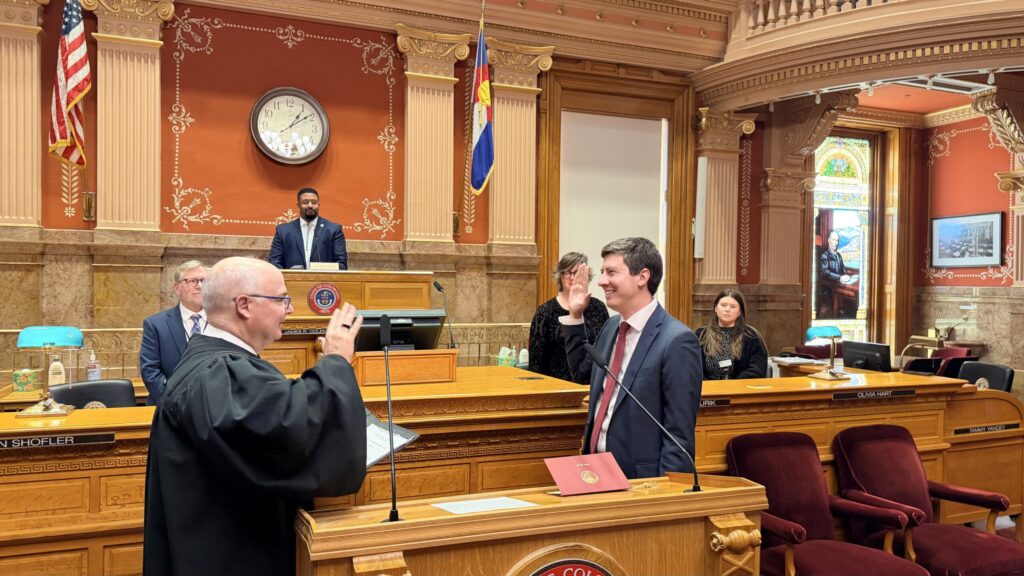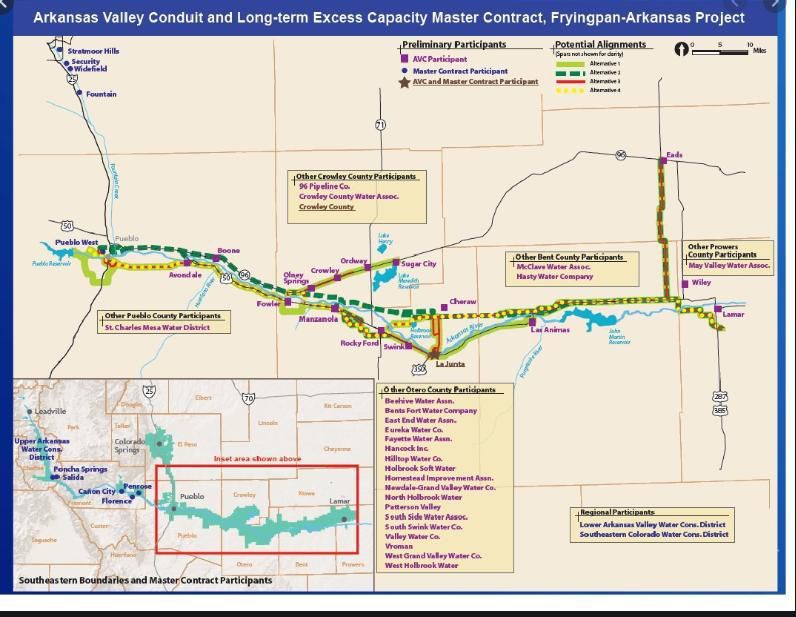Trump threatens ‘harsh measures’ if Tina Peters is not released from jail
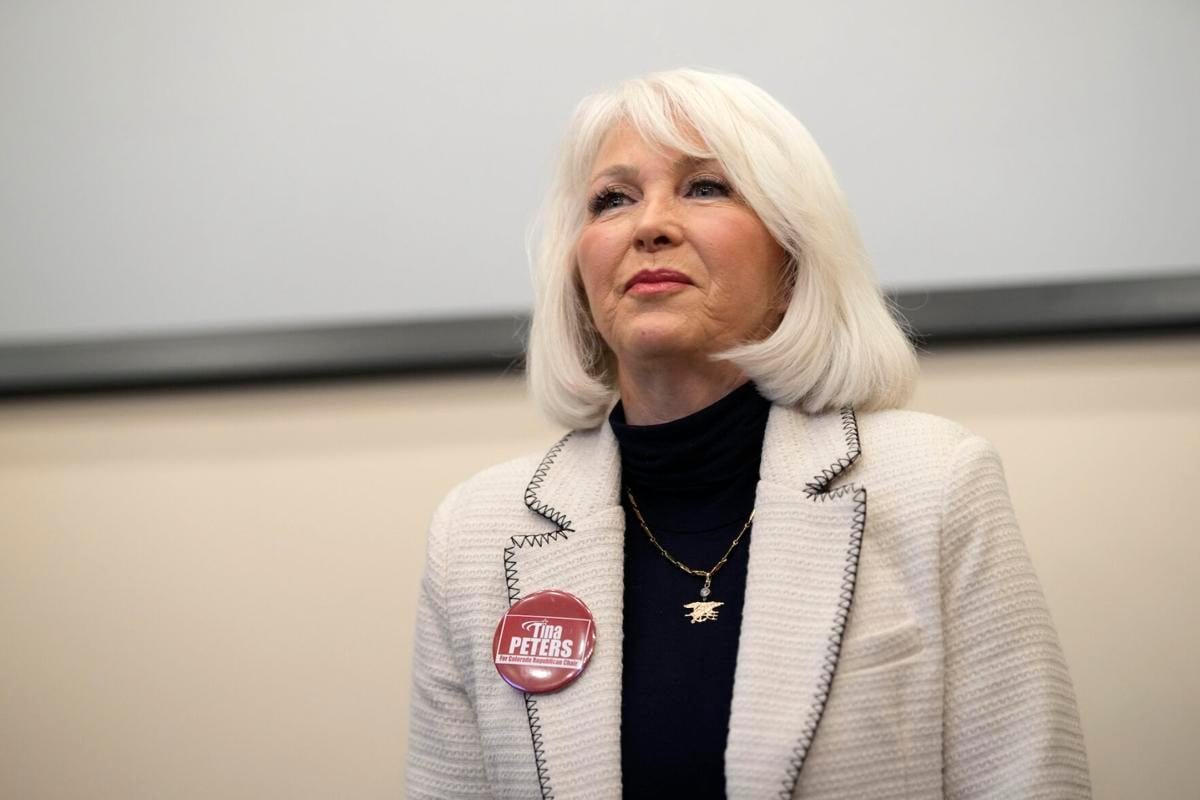
(Associated Press file)
President Donald Trump is calling for the release of Colorado’s Tina Peters, a former county election official convicted for her role in a security breach of her office’s voting equipment, and threatening “harsh measures” if she doesn’t get out of jail.
“FREE TINA PETERS,” Trump said on Truth Social, calling Peters a “brave and innocent Patriot.”
“Let Tina Peters out of jail, RIGHT NOW. She did nothing wrong, except catching the Democrats cheat in the Election. She is an old woman, and very sick,” the president added. “If she is not released, I am going to take harsh measures!!!”
Last month, a federal judge had struggled with Peters’ petition to be released from prison while her case is appealed in state court, which implicates multiple legal and logistical dilemmas.
Chief U.S. Magistrate Judge Scott T. Varholak cautioned that Peters’ hypothetical release was still far from being adjudicated on the merits.
Further, as a magistrate judge who is neither nominated by the president nor confirmed by the U.S. Senate, Varholak is only empowered to make a recommendation to a district judge about the outcome.
Amid questioning about Peters’ specific grounds for release, Varholak raised big-picture concerns: Namely, has any federal court ever granted release to a prisoner in Peters’ shoes? And what would that even look like?
Mesa County jurors convicted Peters last year for her role in a security breach of her office’s voting equipment when she was the GOP clerk. She is currently serving a nine-year sentence of incarceration. While the state’s Court of Appeals reviews her convictions, Peters has filed a federal petition for “habeas corpus,” a legal tool used to challenge one’s confinement. Specifically, Peters is seeking to be released on bond while her appeal moves forward in state court.
Previously, she asked the Court of Appeals to grant bond, but it denied her request.
The federal proceedings have taken on outsized visibility due to Peters’ status as a prominent Trump supporter.
In March, the U.S. Department of Justice unexpectedly inserted itself into the case, filing a statement of interest to claim it was reviewing whether Peters’ prosecution was “oriented more toward inflicting political pain than toward pursuing actual justice or legitimate governmental objectives.”
The Colorado Attorney General’s Office, which is litigating opposite Peters, asked Varholak to discard the statement entirely, or at least strike the portion alleging political motivations. The office argued to Varholak in April that it was unprecedented for the Justice Department to claim an interest in a state criminal defendant’s habeas case, and characterized the filing as an act of intimidation on behalf of an ally to the president.
Trump subsequently posted on social media that Peters was a “hostage,” a characterization that Colorado’s Democratic attorney general and secretary of state rejected.





